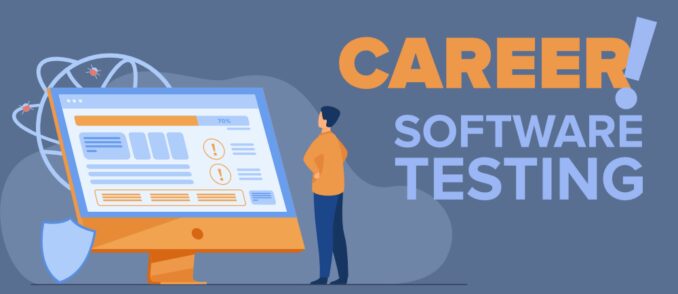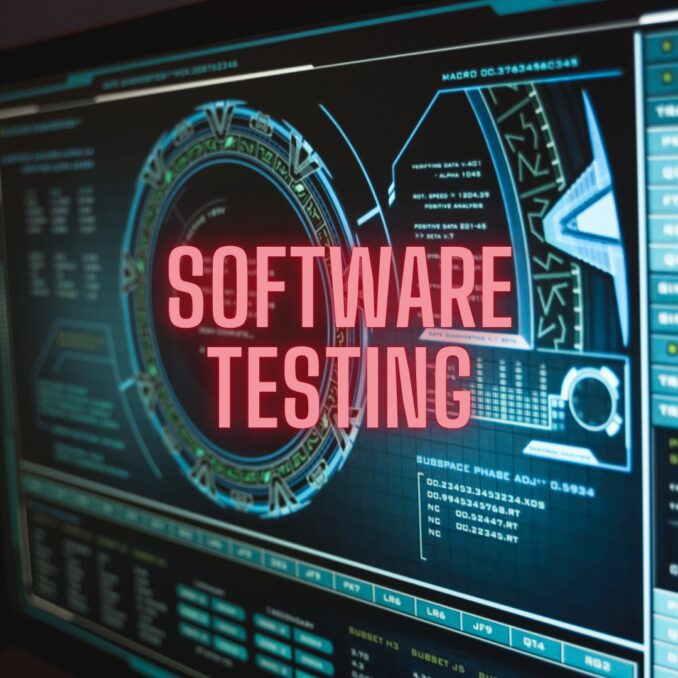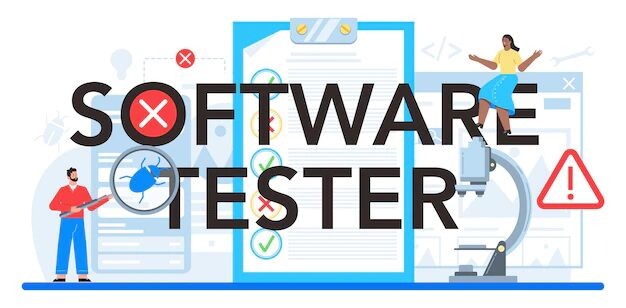Software testing is an essential phase of the software development lifecycle that ensures the quality, functionality, and performance of software before it is released to end-users. Pursuing a career as a software tester requires a specific set of skills, qualifications, and training. In this article, we will explore the pathway to becoming a software tester, highlighting the importance of a software tester course in advancing one’s career in this field.
Educational Background and Qualifications

Source:pinterest.com
To begin a career in software testing, one typically needs a foundational education in computer science or a related field:
- Bachelor’s Degree: A degree in computer science, information technology, software engineering, or a related field is often preferred by employers. This provides a solid understanding of the basics of computing and software development.
- Understanding of Software Development: Knowledge of the software development process is crucial for understanding how software is created, which is integral for effective testing.
Skills Required for Software Testing

Source: freecodecamp.org
A software tester must possess a combination of technical and soft skills:
- Analytical Skills: The ability to analyze software and systems to detect issues and understand the causes of errors is fundamental.
- Attention to Detail: A meticulous approach is required to identify bugs and inconsistencies in software.
- Communication Skills: Clear communication is essential for documenting bugs and collaborating with development teams.
- Technical Proficiency: Familiarity with programming languages, databases, and operating systems can be very beneficial.
- Problem-Solving Skills: The ability to think creatively to find solutions to complex software issues is a valuable trait.
Training and Certification
While not always mandatory, specialized training and certification can significantly enhance a candidate’s profile:
- Software Tester Course: A structured software tester course is designed to teach the fundamental concepts of software testing, including test case development, test strategies, test execution, and defect reporting. Such courses often cover both manual and automated testing techniques.
- Certification Programs: Certifications from recognized institutions such as ISTQB (International Software Testing Qualifications Board) can validate a tester’s knowledge and skills in the eyes of potential employers.
The Benefits of a Software Tester Course

Source: yellowsummer.in
Taking a software tester course provides several advantages to aspiring testers:
- Structured Learning: Courses offer a systematic approach to learning the intricacies of software testing, ensuring a comprehensive understanding of the field.
- Practical Experience: Many courses include hands-on projects that simulate real-world testing scenarios, providing valuable practical experience.
- Industry-Recognized Certification: Completing a course often leads to an industry-recognized certification, which can be a differentiator in the job market.
- Career Guidance: Courses may provide additional resources such as career counseling or job placement assistance to help students navigate the job market.
Practical Experience and Continuous Learning
In addition to formal education and training, gaining practical experience is crucial. Here are some ways to gain experience:
- Internships: An internship can provide hands-on experience in a real-world setting and can often lead to full-time employment.
- Open Source Projects: Contributing to open-source projects can offer practical experience and the opportunity to work with experienced professionals.
- Continuous Learning: The field of software testing is continually evolving with new tools and techniques. Staying current with the latest developments is necessary for a successful career.
Conclusion

Source: simplilearn.com
A career as a software tester can be rewarding and offers ample opportunities for growth and specialization. The journey to becoming a skilled software tester involves obtaining the right education, developing necessary skills, and gaining practical experience. Enrolling in a software tester course can be a significant step in acquiring the expertise required to excel in this field. By combining formal training with continuous learning and real-world experience, individuals can position themselves as valuable assets in the software development industry and enjoy a successful career in software testing.





